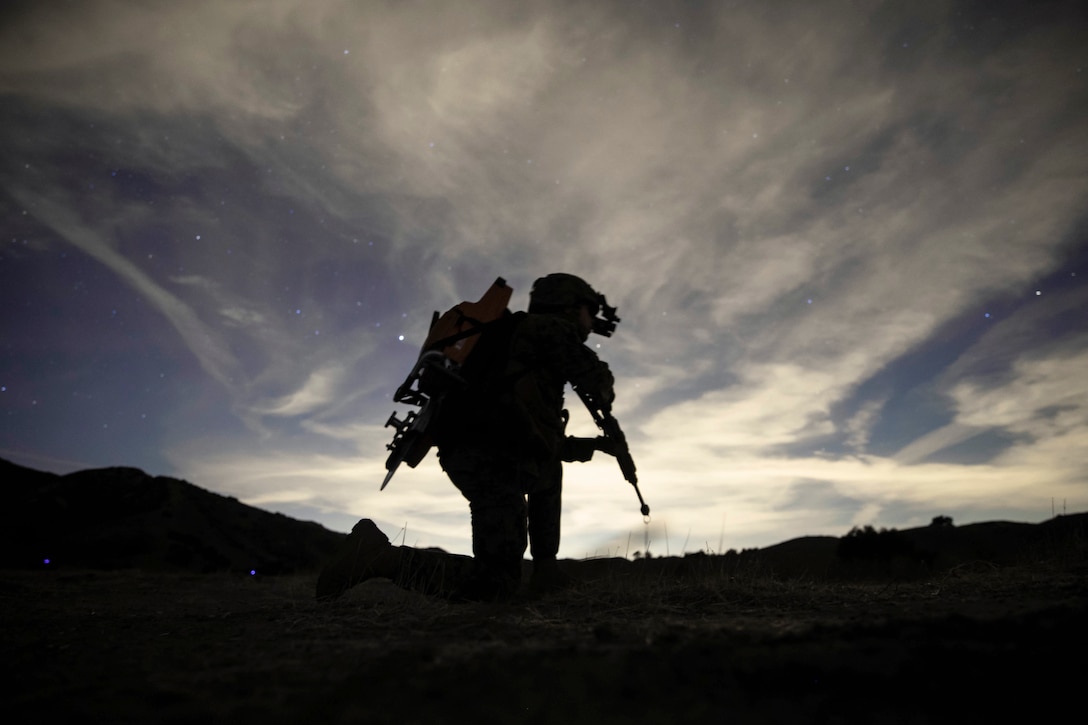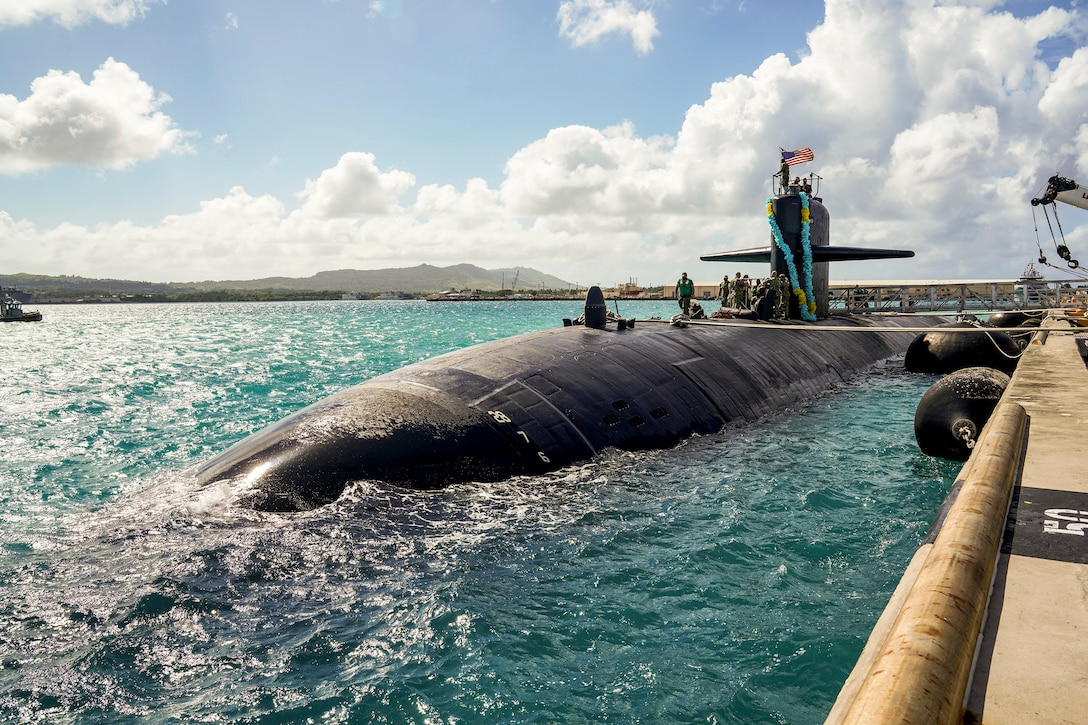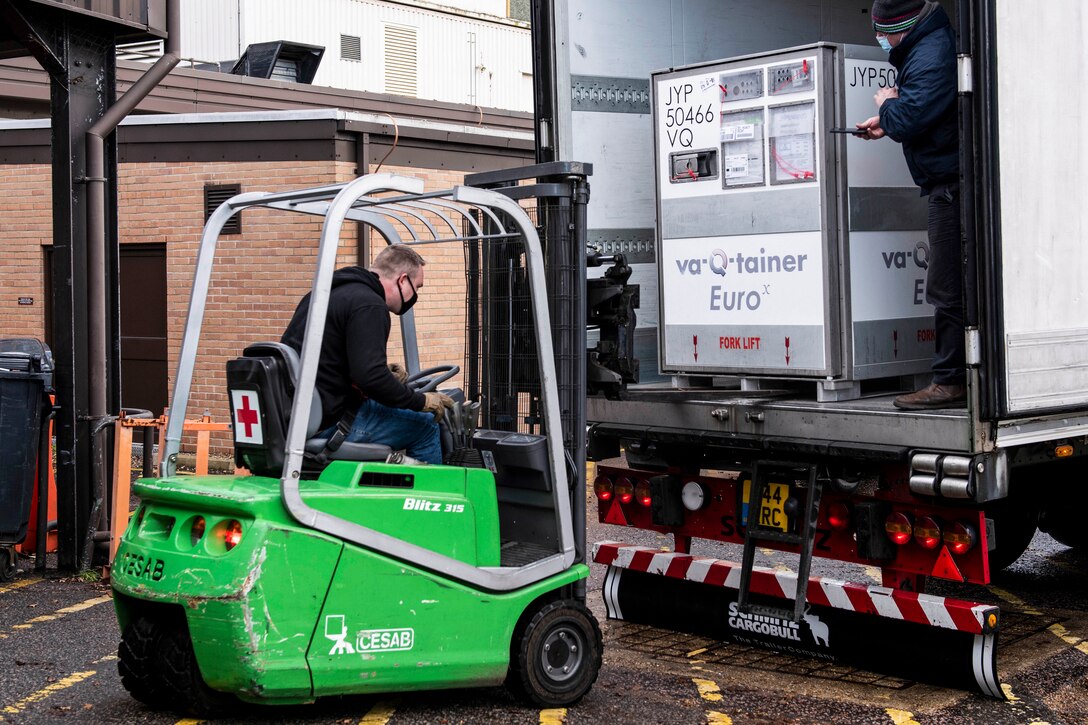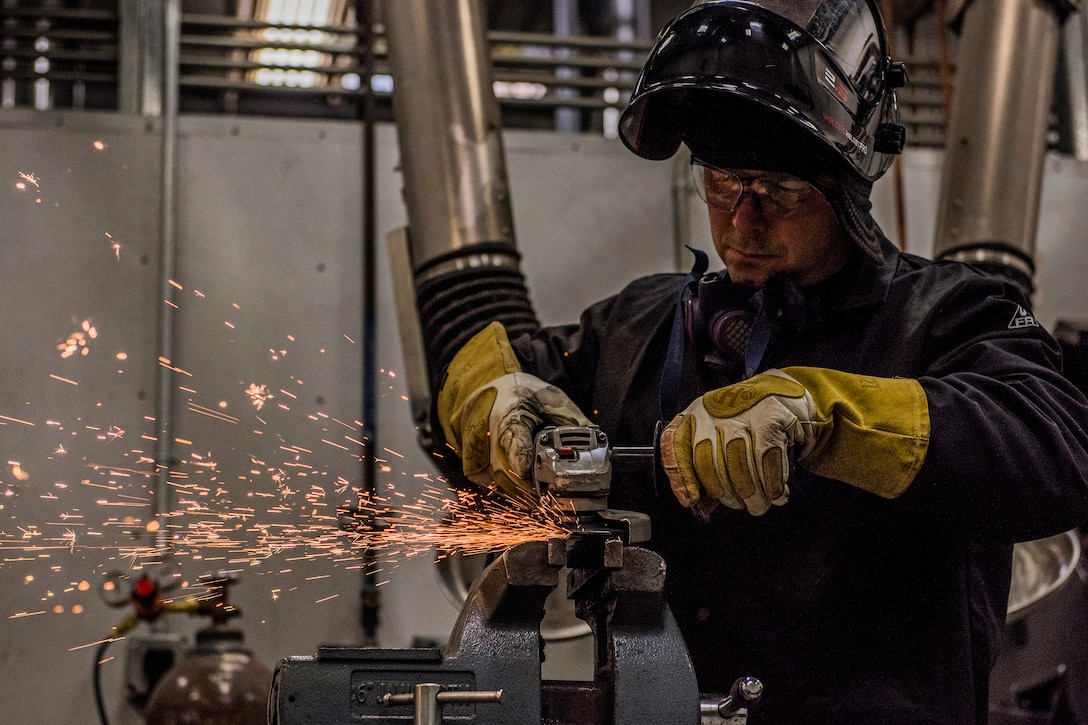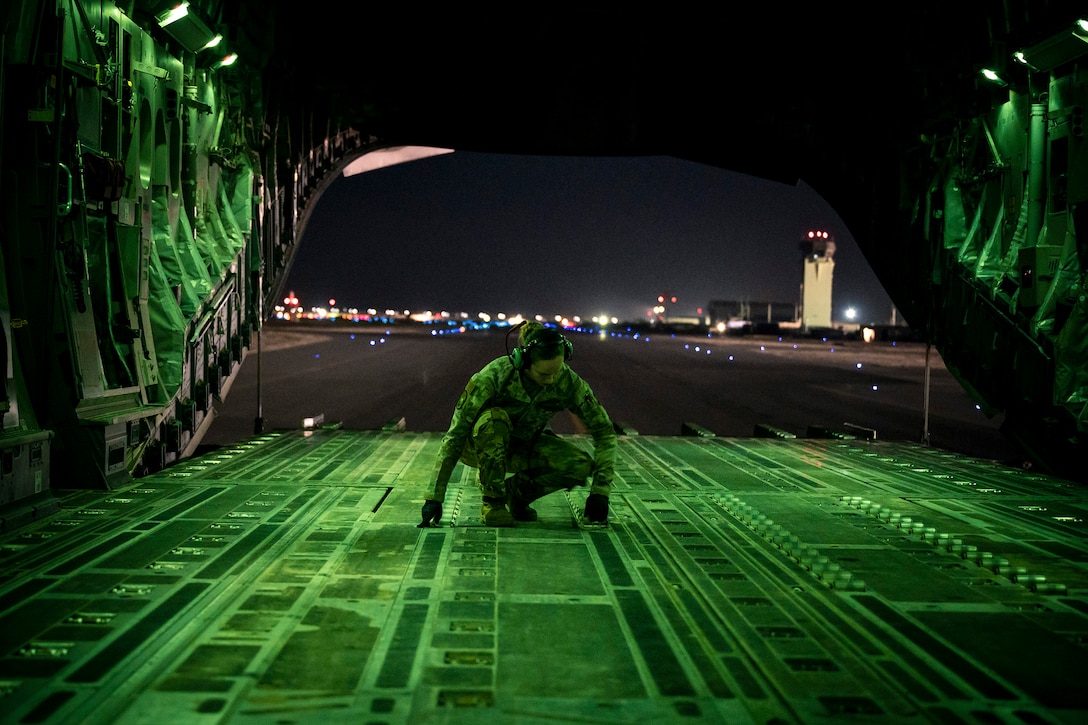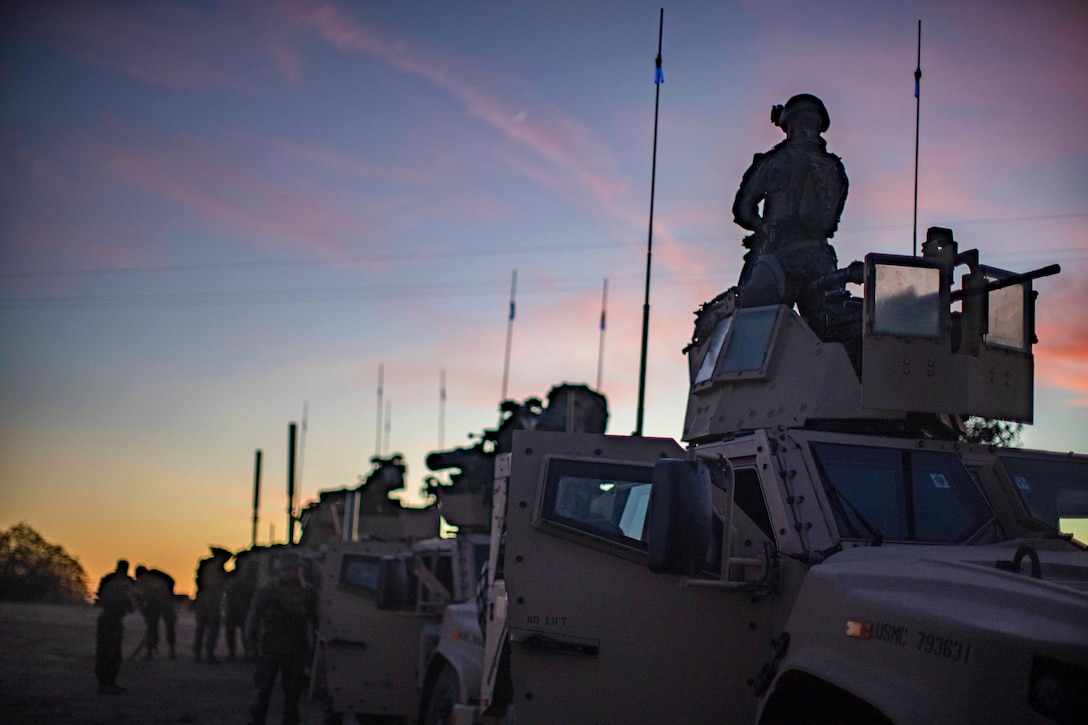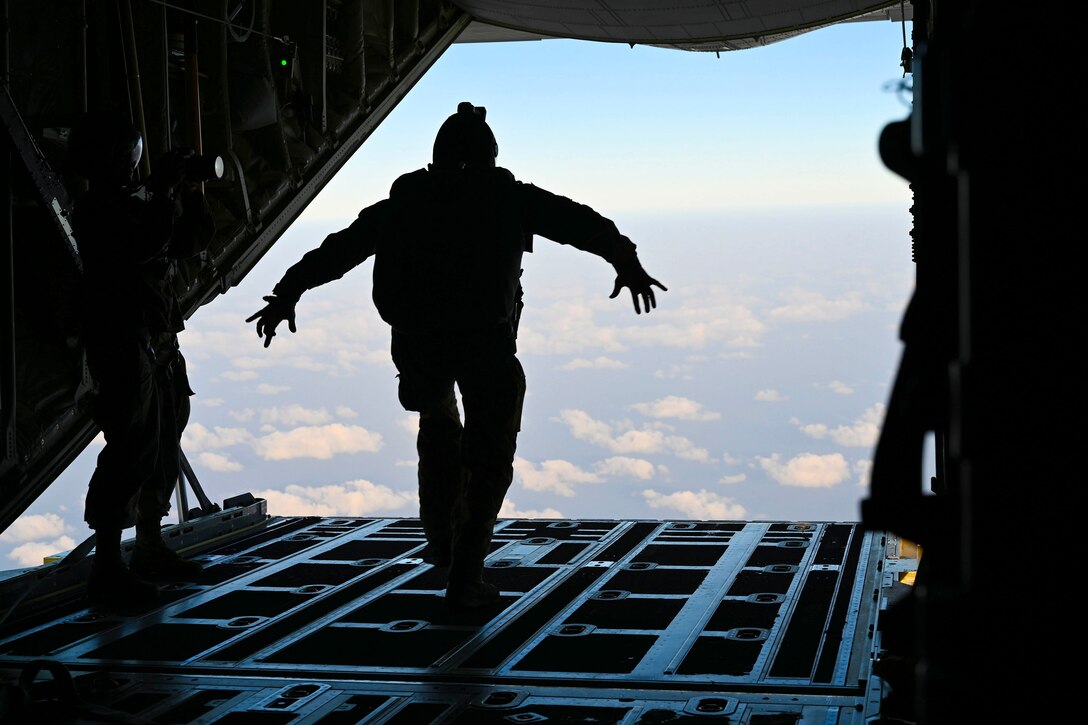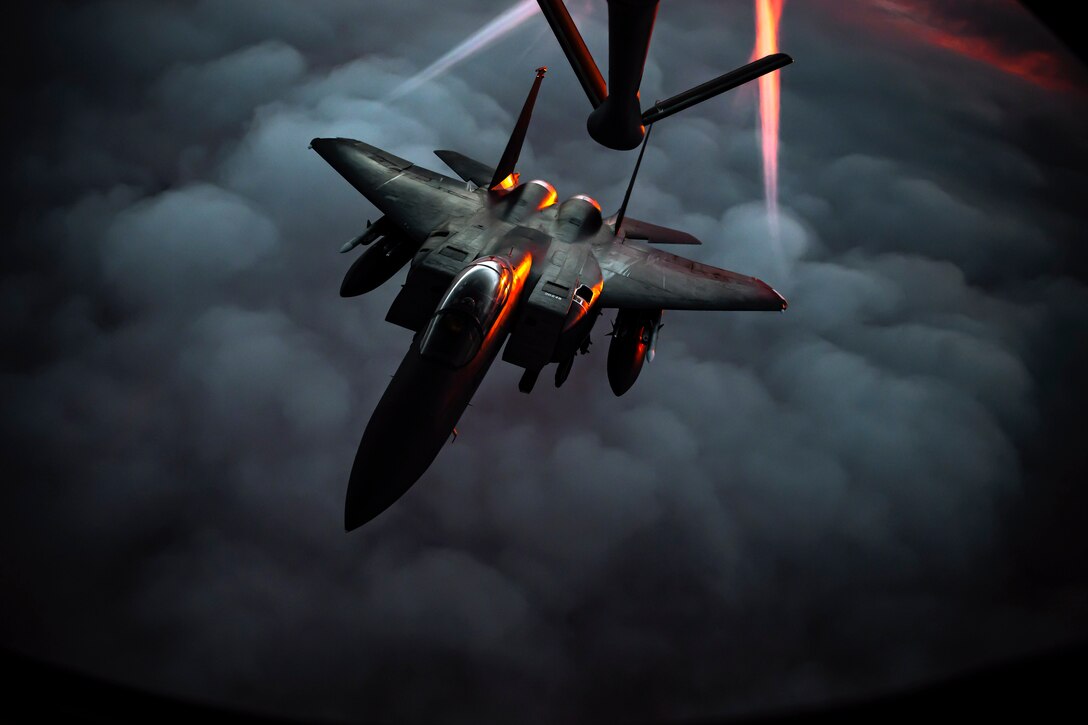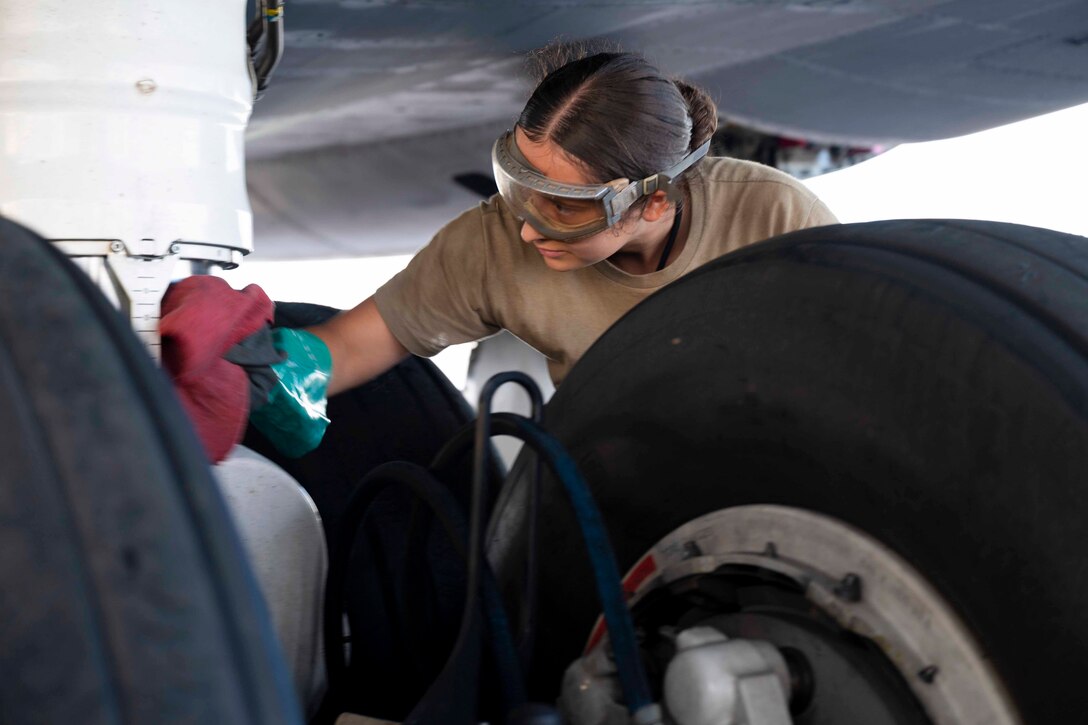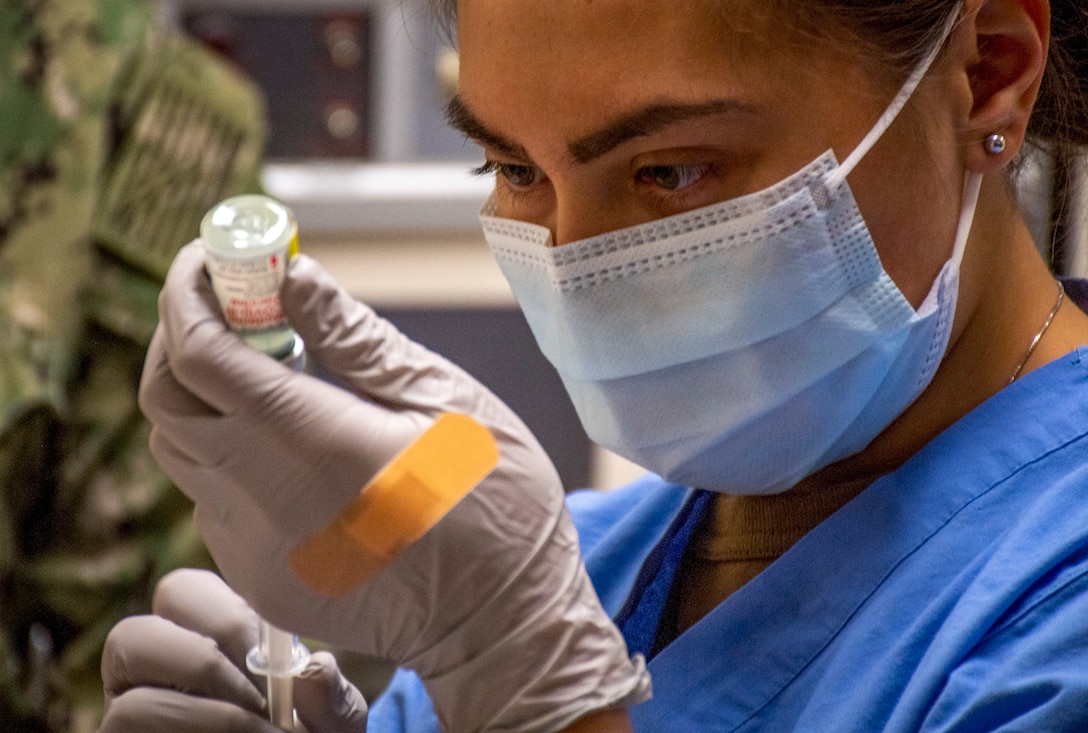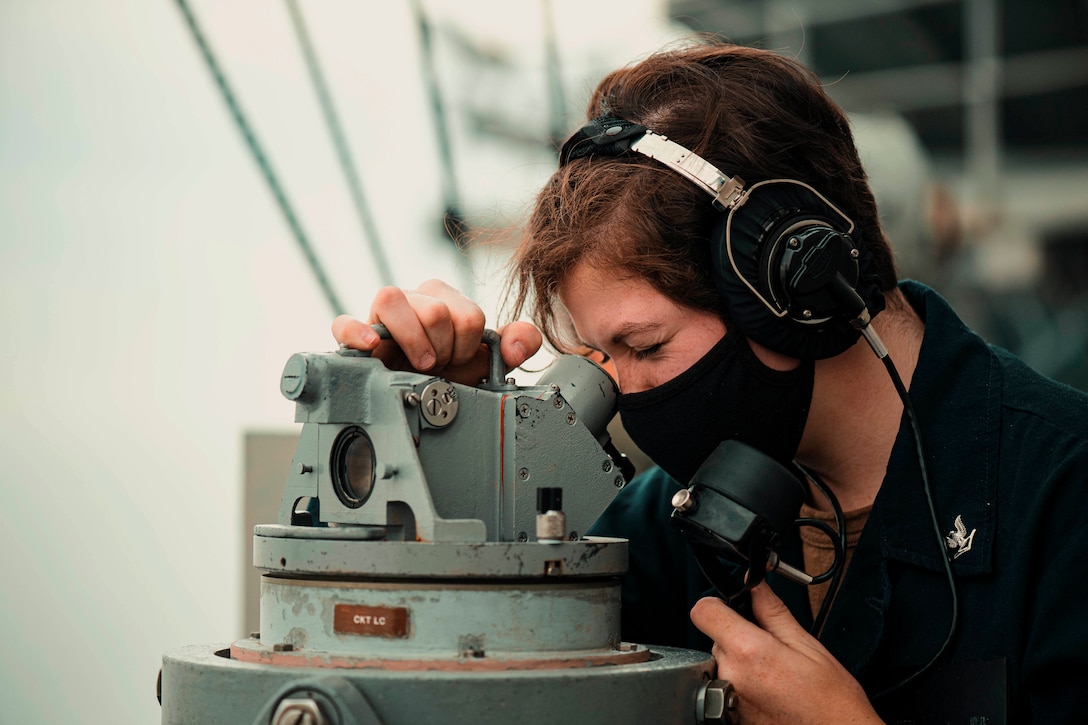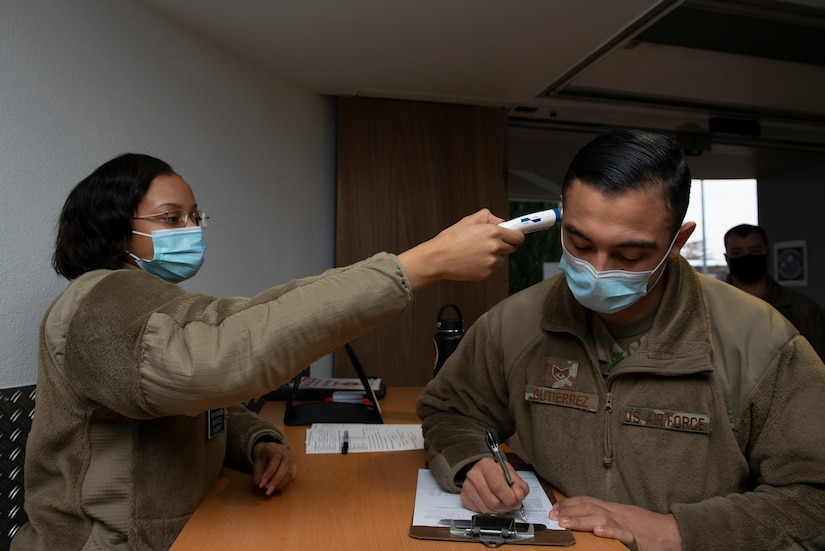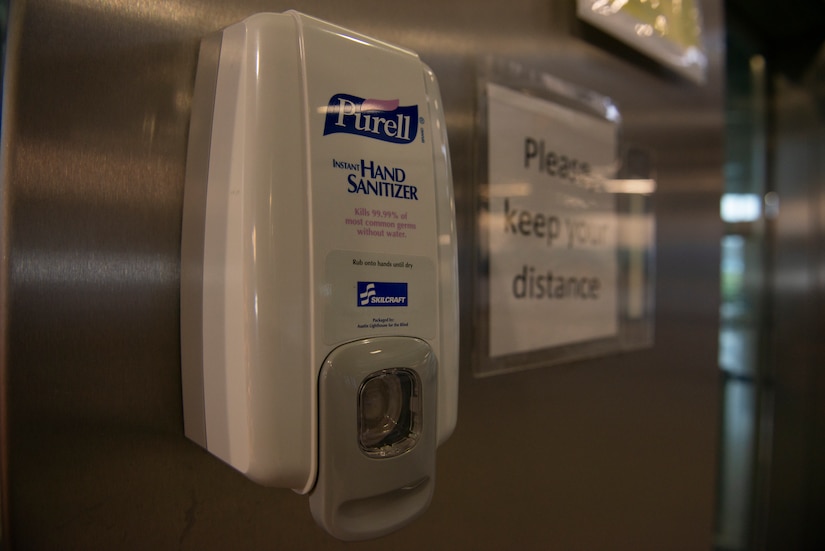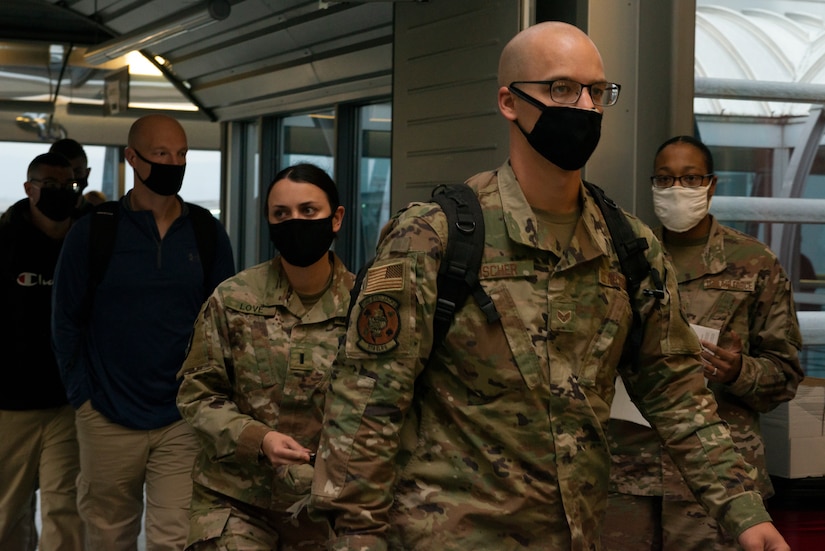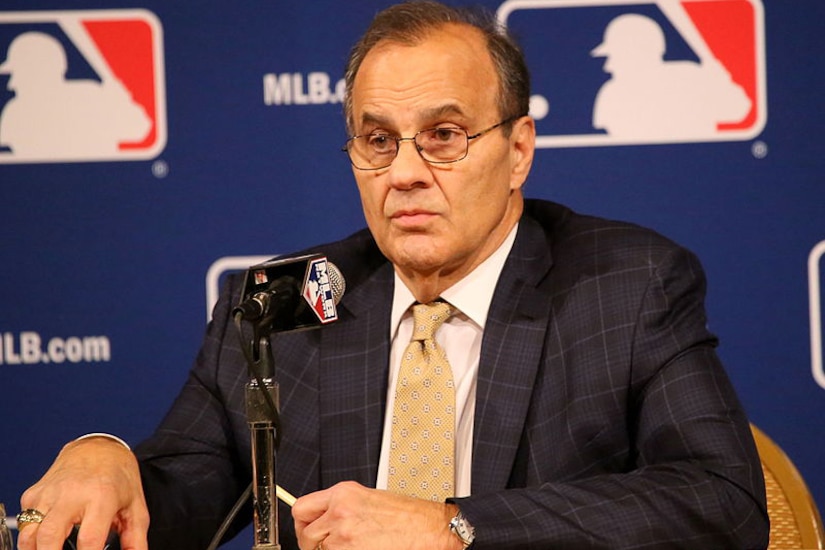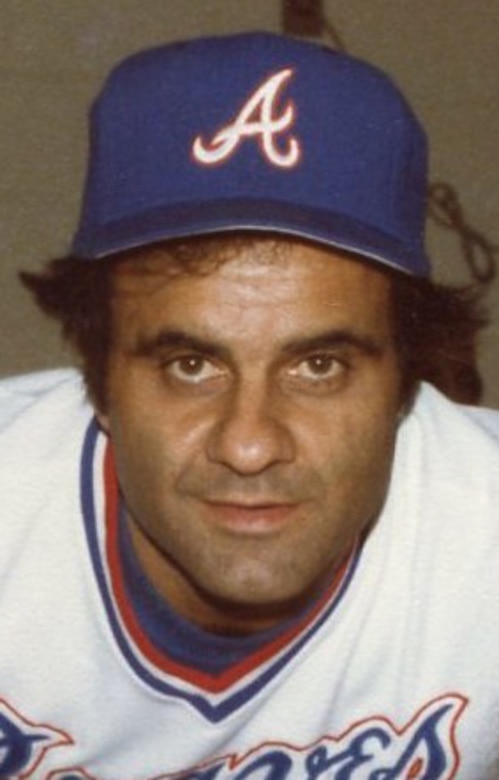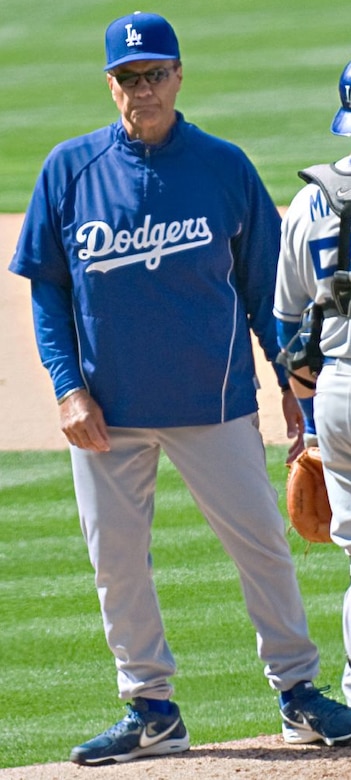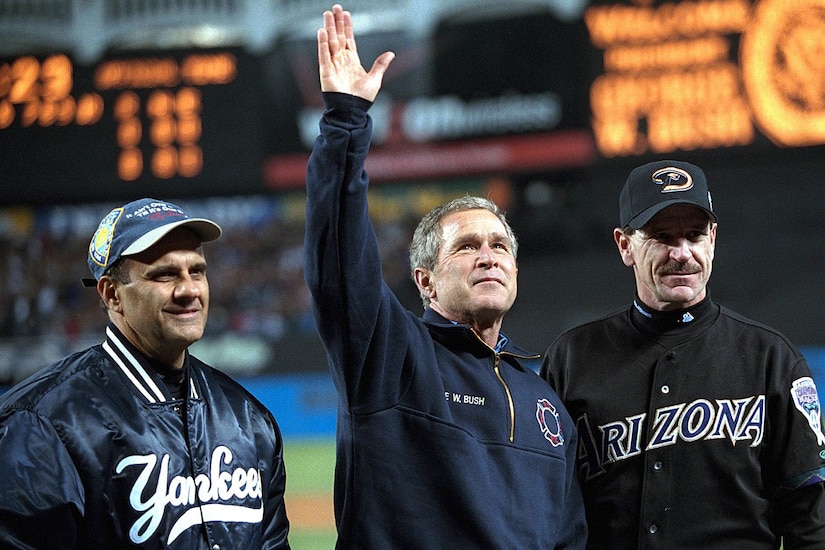Dec. 29, 2020
|
BY AIR FORCE AIRMAN 1ST CLASS TAYLOR SLATER
, 86th Airlift Wing
With flight times, delays and seating arrangements,
travel by plane can be a monumental task to manage on its own. Add a
global pandemic on top, and one may just burst under the strain.
Fortunately, the Airmen of the 721st Aerial Port Squadron, Ramstein Air base, Germany, are here to help.
Since March, members of the 721st APS have worked tirelessly at the
Ramstein Passenger Terminal to make sure the mission continues, and
their patrons and employees are kept safe from exposure to COVID-19.
The initial experience of COVID-19 at the terminal was described as
"very fluid," according to Air Force Tech. Sgt. Brandon Mabee, 721st APS
noncommissioned officer in charge of passenger services.
"As we get information and implement a process, something else
happens and it changes," Mabee said. "Anything that we were doing today
could be different by the end of the day."
Managing the COVID-19 guidelines of various countries was a steep
challenge for the terminal because different countries had different
requirements for border entry. Coordinating those requirements with the f
Defense Department's stop movement order and host nation guidance made
for a difficult but rewarding challenge for Mabee.
"Having to work out everything on the fly was crazy because this was a
real-life scenario. As a noncommissioned officer, I thought logically
about how I could solve the problem without infecting or
cross-contaminating people," Mabee said. "It was stressful but fun."
Despite the lifting of the stop movement in May, Mabee emphasized
that many of its rules are still in effect with space available travel
limited to travelers with emergency leave or exceptions to policy.
The terminal also established new rules as the pandemic progressed.
Tape was placed in queues to mark social distancing guides and hand
sanitizer stations were installed. Patrons must wear face coverings and
undergo a brief screening process before entering the building.
"Please be ready to wear your [face covering] from the moment you
enter this terminal all the way until you leave the building at your
destination," Mabee said. "There have been a few cases where people
caused issues, and they could have been removed from their flight and
placed on a no-fly list for a period of time."
As important measures were taken to increase passenger safety, the
terminal also helped ensure the health of their employees. Airmen from
the 721st APS split into minimal manning shifts to mitigate exposure. In
addition, night shift airmen sanitize the terminal every night to keep
people safe.
"It's been a learning process for us," Mabee said.
Air Force Staff Sgt. Domingo Gutierrez, 721st APS passenger services
supervisor, enjoys his job despite the challenge because of the
opportunity to guide his airmen through COVID-19 and show them how
important their position is.
"A lot of people go throughout their day and think, 'Oh I'm just
signing up passengers,'" Gutierrez said. "But then they see life come
into someone's eyes when they learn they can get on their flight and see
their family members in critical care. These are real-life struggles
and this is how you impact the mission."
Mabee saw a silver lining in witnessing various units come together to combat the COVID-19 crisis.
"[We recognized], 'Okay, this sucks, but we're going to get through it,'" Mabee said.
Overall, Guittierez shared some crucial advice for future patrons:
show up early, check your flight numbers and make sure your pet is
booked correctly.
"Most of us own pets," Mabee said. "We couldn't imagine being told we can't get on a plane with them."
For more information on flights, pet travel and other situations the
Ramstein Passenger Terminal can be reached at DSN 479-4411 and
commercially at 06371-46-4441. The latest information on flight
departures can also be found on the Ramstein Passenger Terminal Facebook
page.
(Airman 1st Class Taylor Slater is assigned to 86th Airlift Wing.)
